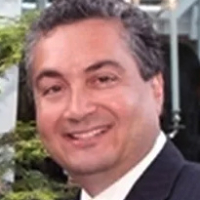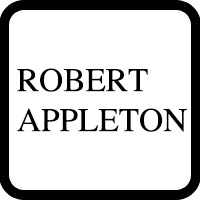Brooklyn Heights White Collar Crime Lawyer, New York
Sponsored Law Firm
-
 x
x

Click For More Info:
-
The Law Offices of Richard L. Cooper, P.A.
848 Brickell Avenue Suite 800 Miami, FL 33131» view mapDWI/DUI, Drug Trafficking, Felony Nationally Ranked Top 40 Under 40
With Richard L. Cooper you can expect a trusted confidant who will work diligently to fully understand your case and determine a road map to help you regain control of your life.
800-756-2781
Nicholas Gregory Kaizer
✓ VERIFIEDNicholas Kaizer is a nationally -recognized expert in criminal defense, who has appeared in numerous courts around the country. He has lectured attorn... (more)
Robert Michael Appleton
✓ VERIFIEDRobert M. Appleton is a world renowned and internationally recognized cross border litigation attorney focused on assisting global, foreign and US co... (more)
Alfredo F Mendez
FREE CONSULTATION
CONTACTFREE CONSULTATION
CONTACTFREE CONSULTATION
CONTACTAndrew Weinstein
FREE CONSULTATION
CONTACT
 Richard L. Cooper Miami, FL
Richard L. Cooper Miami, FL AboutMiami Attorney at Law
AboutMiami Attorney at Law ServicesCriminal Defense
ServicesCriminal Defense


